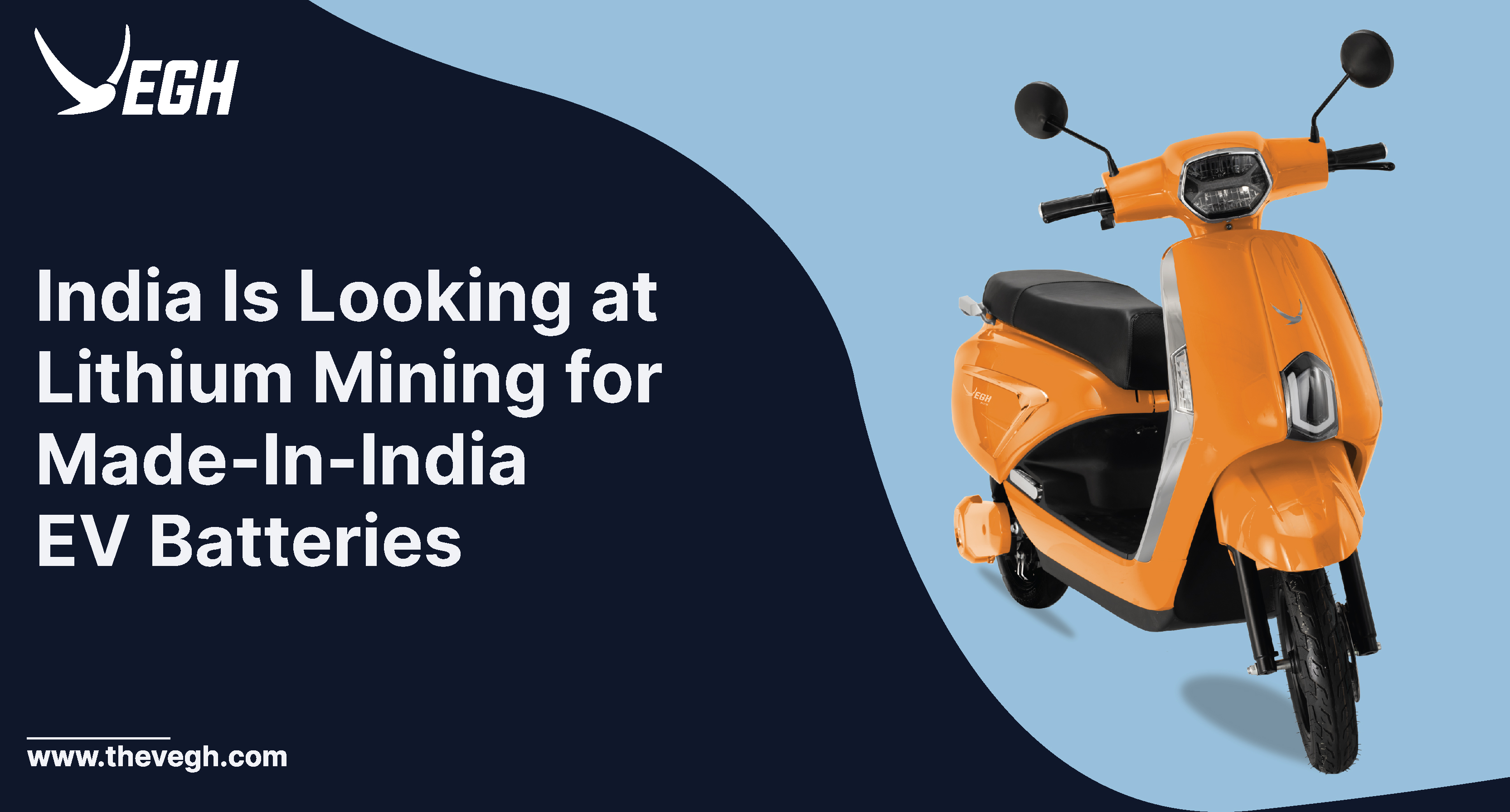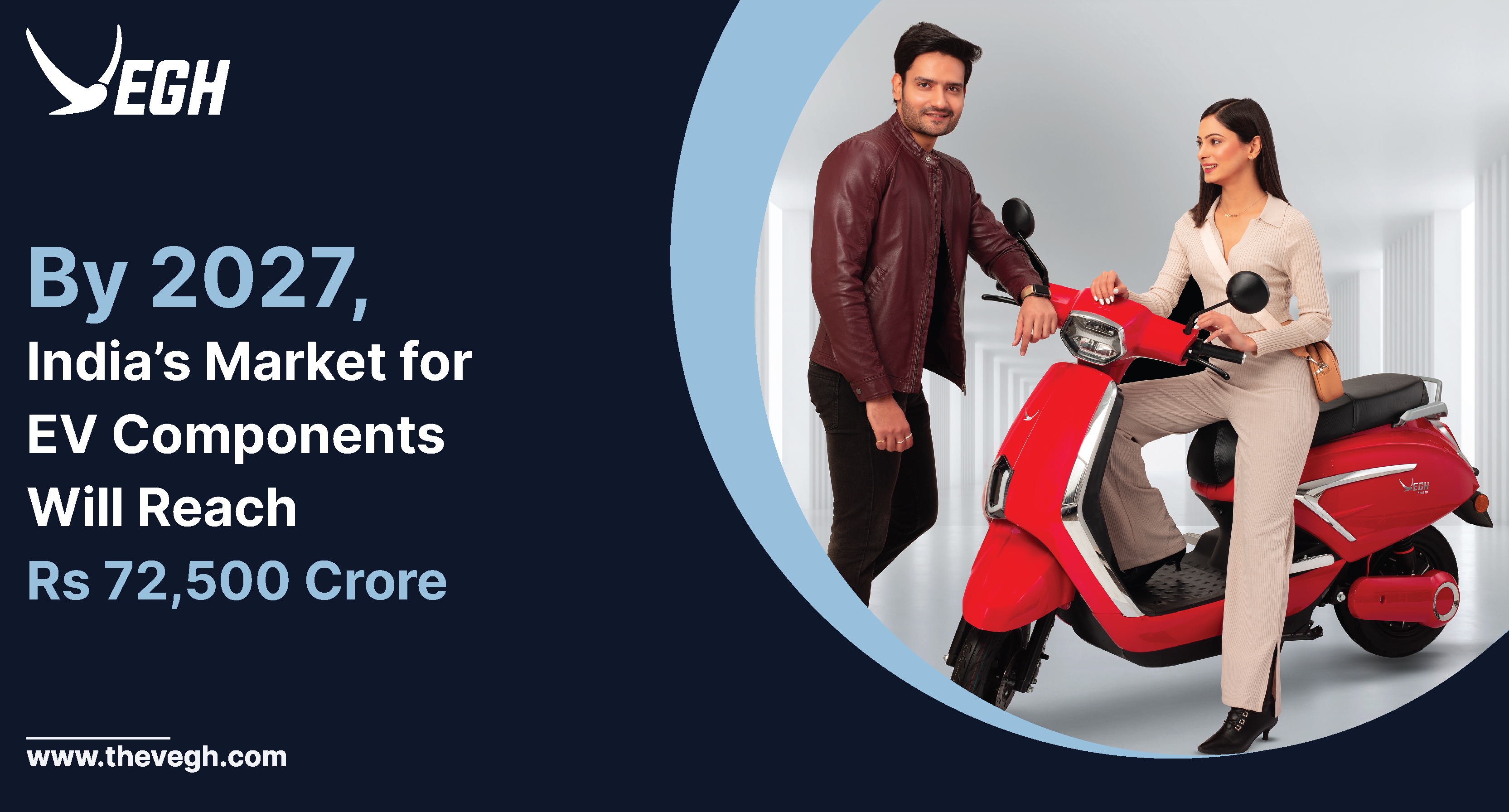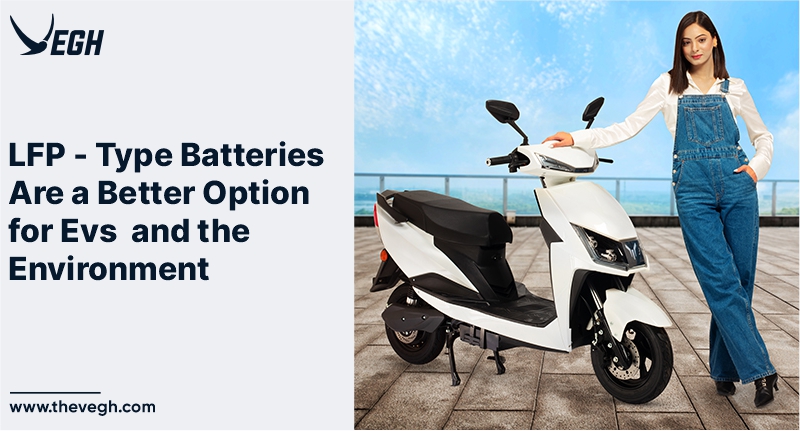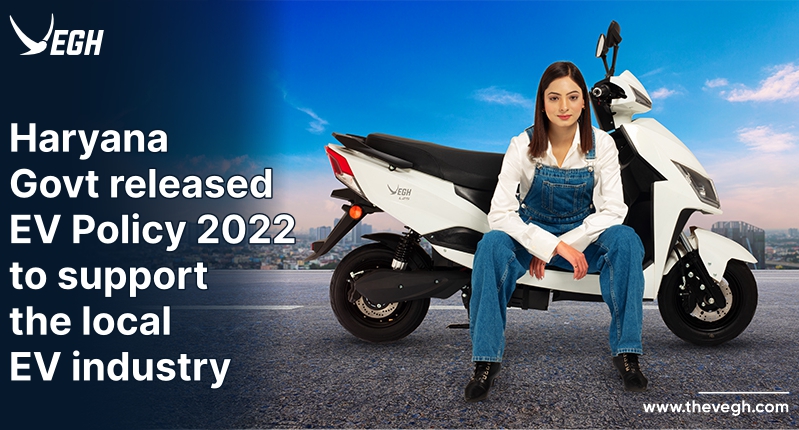
India is considering mining lithium and other restricted minerals for battery manufacturing. Other minerals can provide a better solution than lithium in EV and ESS batteries.
To become more self-sufficient in green technologies, India is working to change the law to permit private miners to extract lithium, a necessary component for electric vehicles and energy storage batteries. Prime
According to those familiar with the plans, the government of Prime Minister Narendra Modi wants to amend current laws during the current session of parliament. There will be the removal of eight minerals from a restricted list that currently forbids private companies from producing them, including lithium, beryllium, and zirconium.
The people, who asked not to be identified because the situation is still private, claimed that the changes would enable the government to auction off licenses to exploit lithium reserves. According to the people, they are also intended to lessen India’s reliance on imports for a few essential minerals and to improve the nation’s ability to compete in the lucrative battery supply chain.
Requests for comment from a spokesperson for the ministry of mines were not immediately fulfilled.
As it strives to become carbon neutral by 2070 and seize opportunities from the global transition to cleaner energy, India wants to add local manufacturing of a wide range of zero-emissions technologies.
The country has committed to constructing 500 gigawatts of clean energy capacity by 2030. It is essential to deploy massive amounts of battery storage to make renewable energy available around the clock.
According to the mines ministry, government organizations have been investigating lithium and have found a small resource at a location in southern Karnataka state. India would still need to find and develop additional deposits if it wanted to produce lithium on any significant scale and lessen its reliance on imports.
China is currently the largest refiner in the world, while Australia and Chile now produce the rawest materials.
According to data from the trade ministry, India’s imports of lithium-ion batteries increased 54% from a year earlier to $1.83 billion in the year ended in March. Despite India’s efforts to stop imports from its northern neighbor, China and Hong Kong accounted for nearly 87% of the purchases. Along with initiatives to increase domestic production, the nation is also looking abroad for lithium and cobalt assets.
A joint venture has been established to acquire mines abroad with National Aluminium Co., Hindustan Copper Ltd., and Mineral Exploration Corp.









